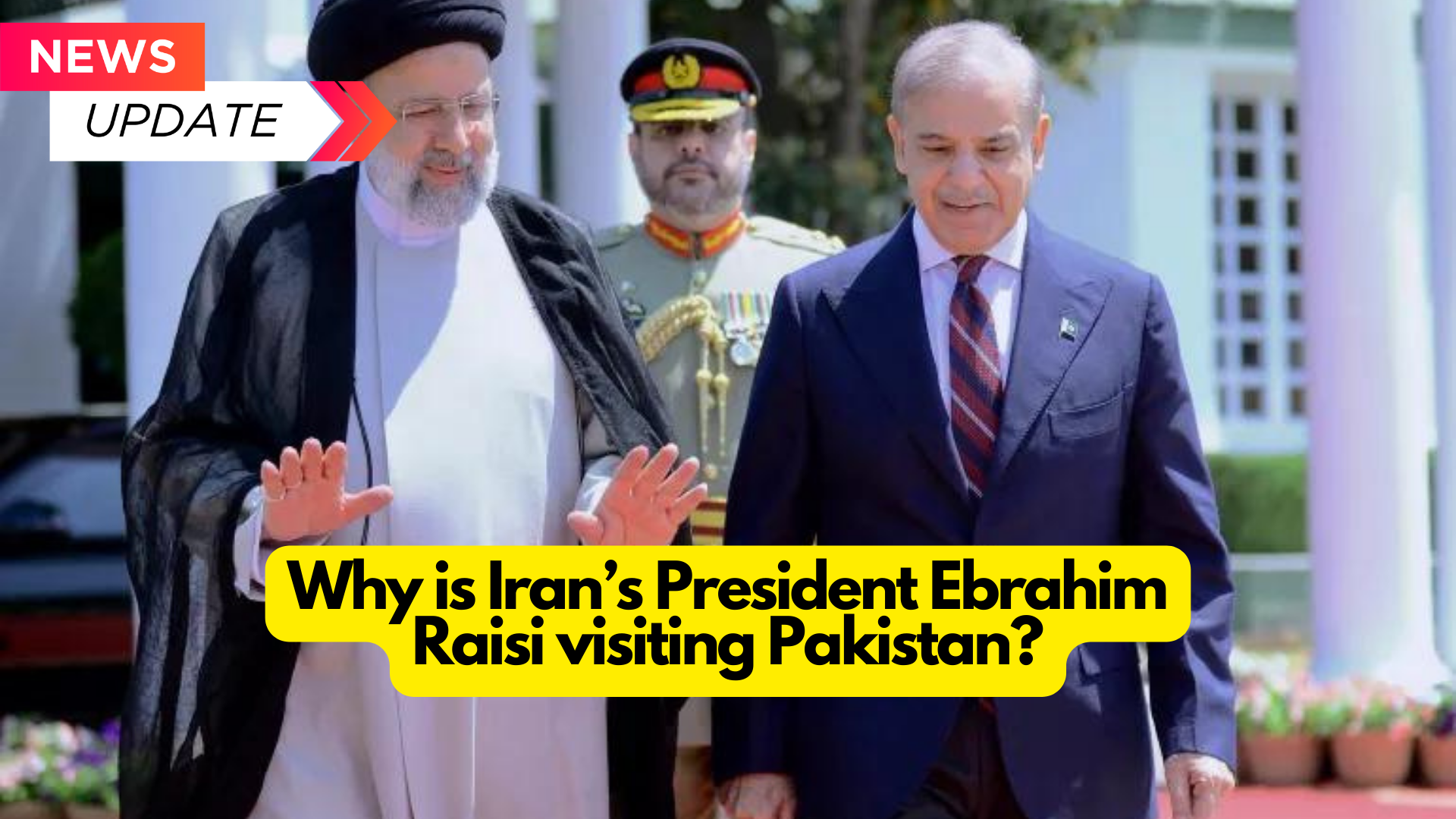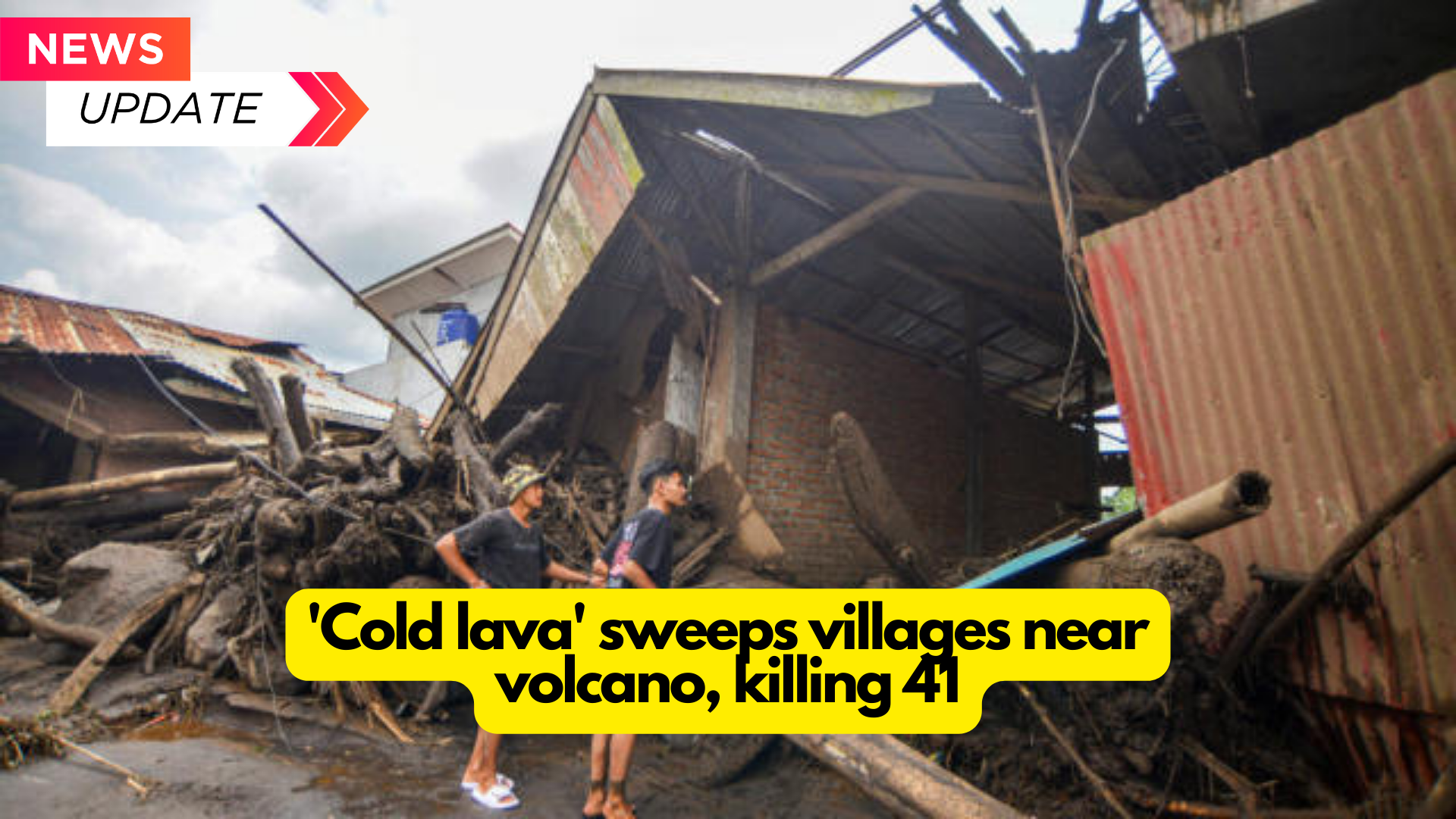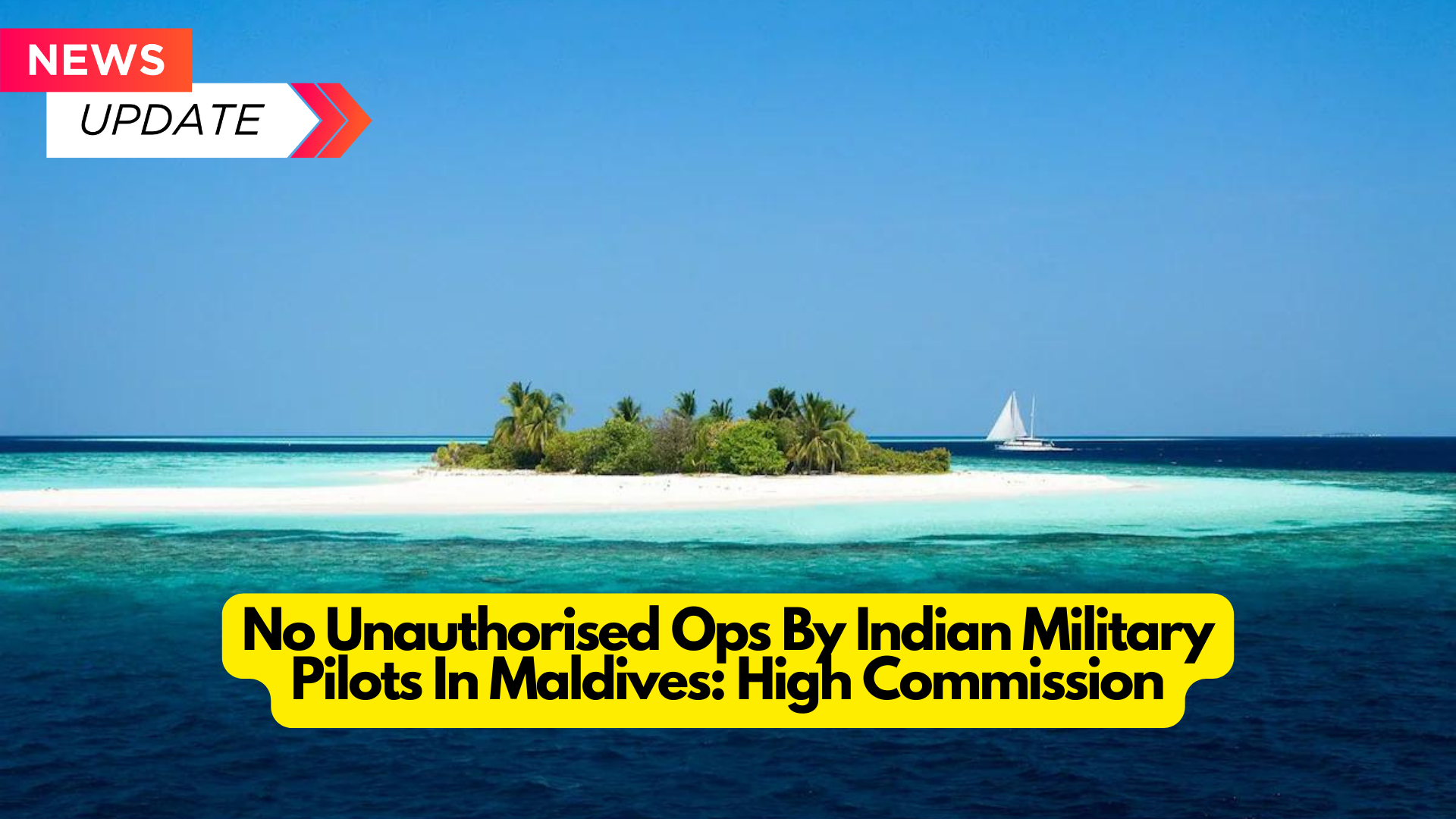Table of Contents
ToggleIran’s President Ebrahim Raisi is scheduled to meet with top Pakistani authorities as the two countries seek to promote commerce and settle border difficulties.
Iranian President Ebrahim Raisi is in Pakistan for a three-day visit to discuss regional and bilateral relations, days after Iran and Israel launched airstrikes on each other, fearing the Gaza war would escalate into a regional crisis.
Raisi is expected to meet with top Pakistani authorities, including Prime Minister Shehbaz Sharif, as the two neighbours attempt to heal ties following tit-for-tat missile strikes in January.
According to local media, Raisi will also meet with General Asim Munir, the commander of Pakistan’s military, which has significant political and economic power in the South Asian country.
What is the trip’s agenda?
Raisi landed in Islamabad on Monday as the two neighbours seek to strengthen commercial, border, and energy relations.
“The Islamic Republic of Iran, in line with the neighbourhood policy… is interested in promoting relations with Pakistan, and during this trip, various issues, including economic and commercial issues, energy, and border issues, will be discussed with the government of Pakistan,” according to a statement released by the Iranian president’s office on the morning of the trip.
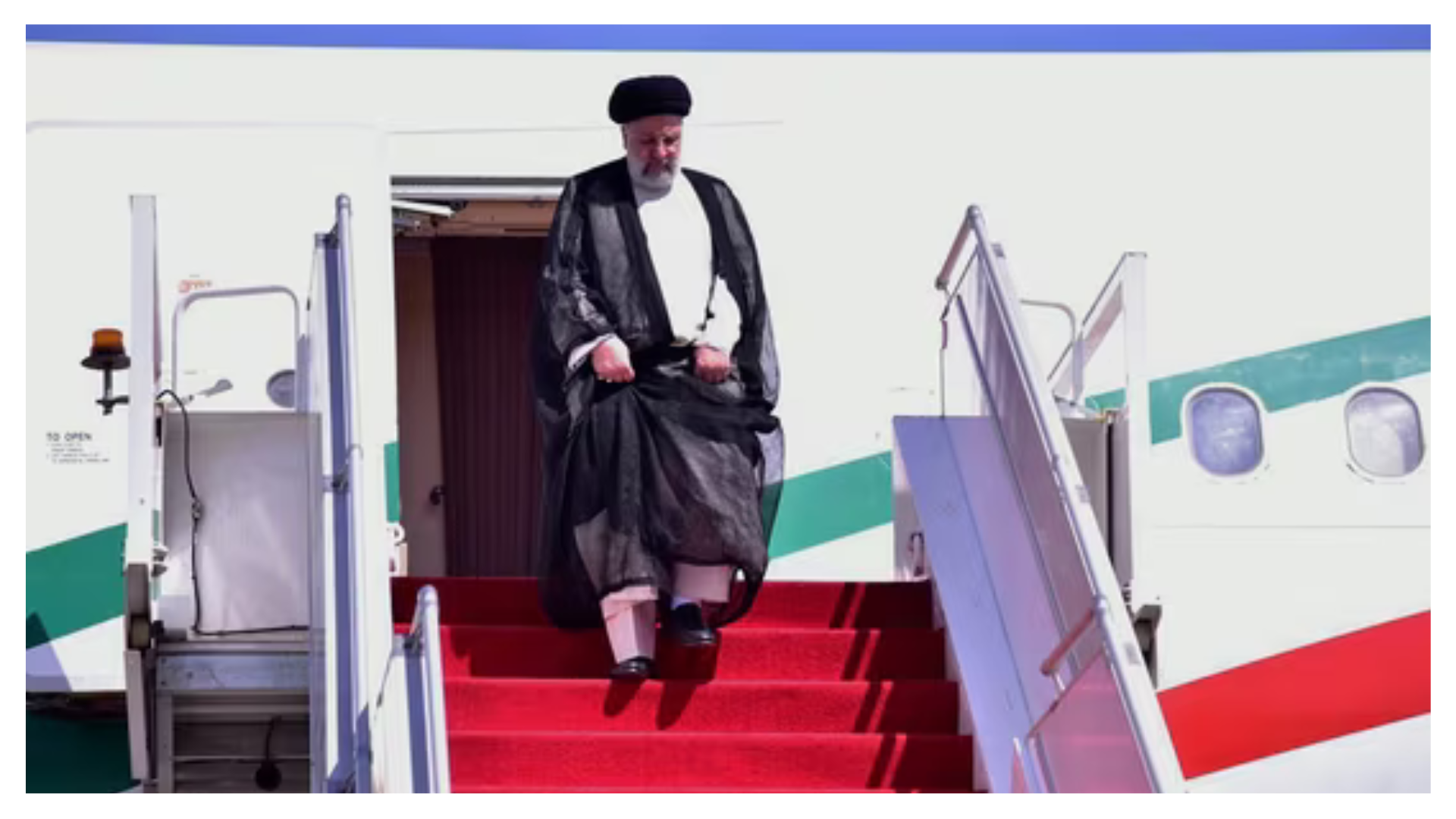
Pakistan’s Ministry of Foreign Affairs released a statement on Sunday calling for improved bilateral relations.
“The two sides will have a wide-ranging agenda to further strengthen Pakistan-Iran ties and enhance cooperation in diverse fields, including trade, connectivity, energy, agriculture, and people-to-people contacts,” the statement went on to say.
According to the statement, the Iranian president would visit key cities like Lahore and Karachi to discuss bilateral and commercial ties.
Mosharraf Zaidi, a partner at advisory services firm Tabadlab and former Foreign Ministry adviser, told Al Jazeera in a written statement that Raisi’s trip is “an effort to secure an expression of support from Islamabad and Rawalpindi [military leadership] for Iran as it stumbles deeper into a dangerous conflict with Israel.”.
Zaidi went on to say that Iran’s strategic strategists are aware that Pakistan is dealing with an internal political crisis as well as an increasing number of economic compulsions that limit its ability to join in the current Middle Eastern conflict.
What is the state of Iran-Pakistan relations?
Iran and Pakistan have a history of strained ties, with both accusing the other of failing to rein in armed organizations.
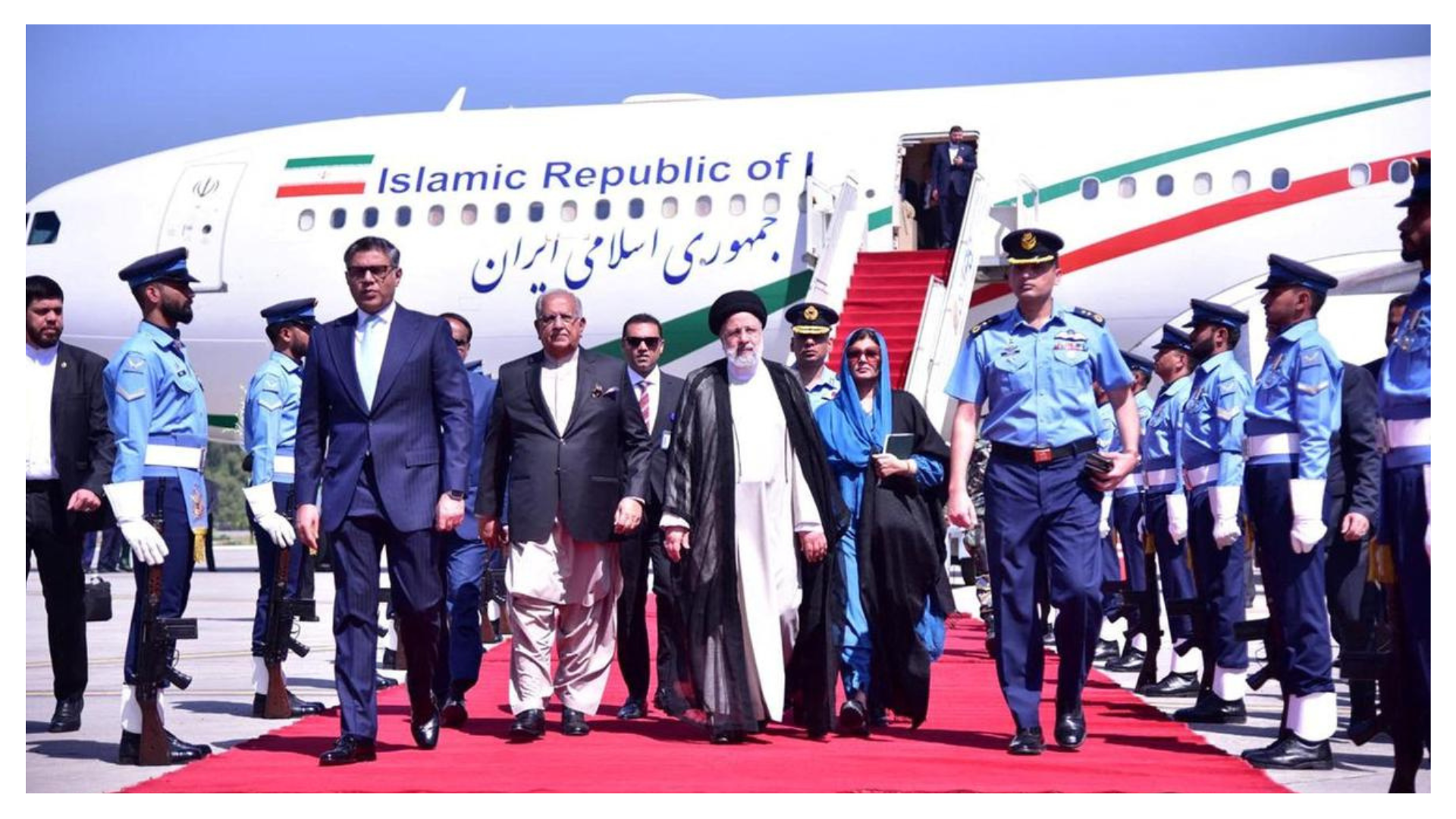
Border tensions rose in January when Iran launched air strikes across the border in Pakistan, killing two children. The Iranian official media said that the assault targeted two Jaish al-Adl sites. Pakistan replied by sending a missile into Iranian territory and withdrawing its ambassador from Tehran.
However, the two neighbours resolved to de-escalate tensions, with Tehran sending its senior ambassador to Islamabad to repair relations. The two countries pledged to work together to combat the “threat of terrorism,” particularly along their shared border. Before Raisi’s visit, Tehran and Islamabad discussed countering “terrorism.”.
“At the time, Pakistan had a caretaker government in place. So what Iranians had suggested was that once the new administration took office, there may be a visit to restore the relationship and reestablish trust,” said Muhammad Faisal, a PhD Scholar at the University of Technology Sydney who specializes in Pakistani foreign affairs.
Why is the Pakistan-Iran relationship important?
Despite border tensions, Pakistan’s foreign policy specialists support reengagement with Iran.
“Pakistan has troublesome borders with both India and Afghanistan. As a result, maintaining a regular, stable relationship with Iran has been critical for Pakistan, and it continues to be so,” senior Pakistani diplomat Maleeha Lodhi told Al Jazeera following the January border tensions.
Islamabad and Tehran have been working to increase bilateral commerce, which is presently valued at more than $2 billion.
According to Faisal, the two nations conduct a significant amount of informal commerce, including liquified petroleum gas (LPG) and crude oil. He went on to say that Iran provides power to the Balochistan region and other Pakistani border territories.
In May 2023, Sharif and Raisi opened the first border market at the Mand-Pishin border crossing.
Furthermore, the two neighbours have strong cultural and religious links, with tens of thousands of Shia minorities from Pakistan traveling to Iran on pilgrimage each year.
However, Tabadlab’s Zaidi stated that shared cultural linkages and a lengthy border of 900 kilometers (559 miles) had not resulted in people-to-people contacts or strong commerce relations.
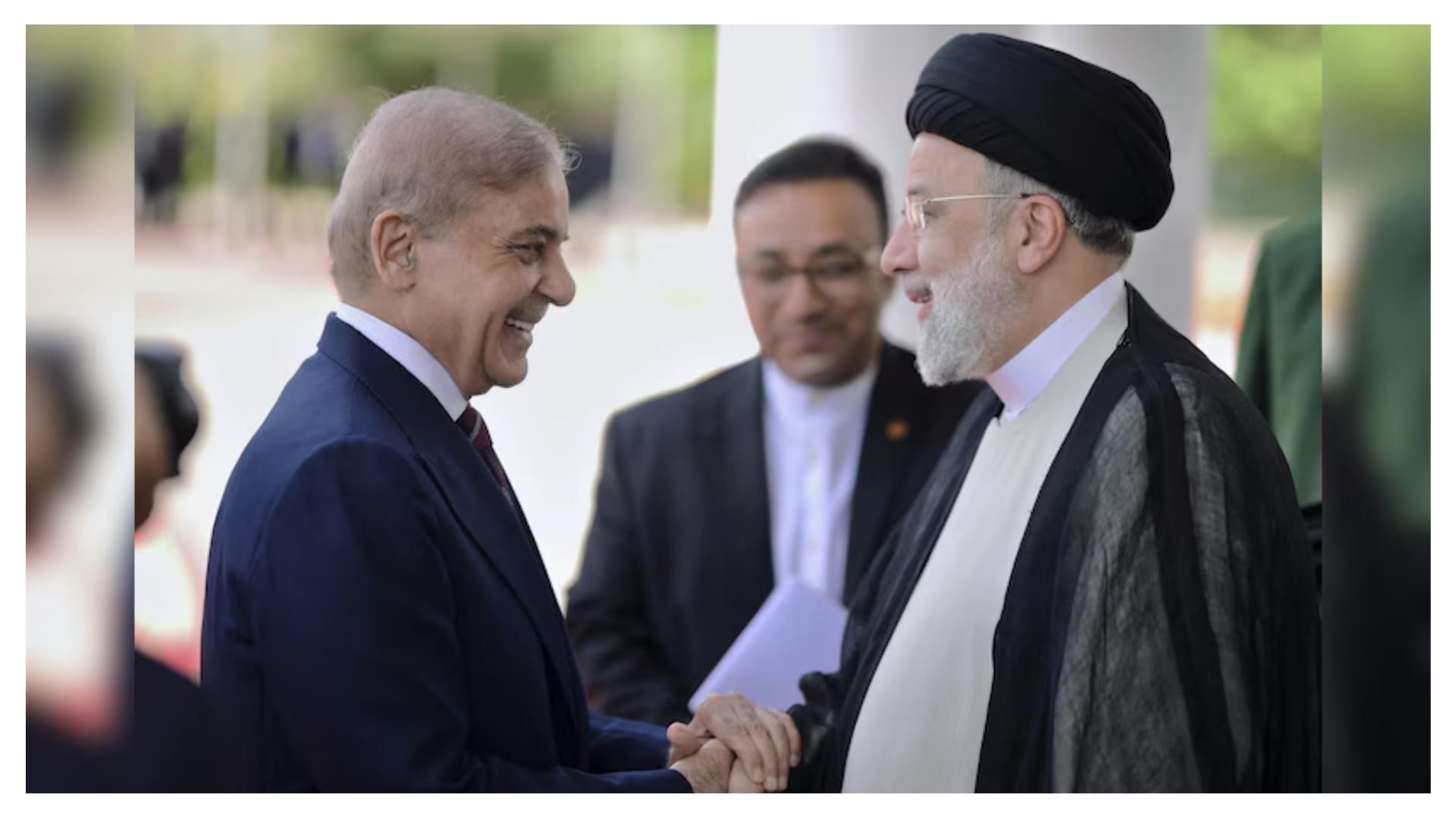
“Instead, trade is mostly outside the formal domain, and travel is restricted to religious tourism,” he added.
On the eve of his trip, the Iranian president set a target of $10 billion in bilateral commerce, claiming that economic links between the two nations do not match political ones. Last August, they established a $5 billion bilateral trade objective.
A pipeline project to send Iranian natural gas to Pakistan has been blocked due to resistance from the United States, which has imposed a slew of sanctions on Tehran over its nuclear programme.
Faisal from the University of Technology Sydney said the Pakistan-Iran gas pipeline may be considered at the meetings.
How has Pakistan reacted to Iran-Israel tensions?
On April 14, a day after Iran’s strikes on Israel, Pakistan’s Foreign Ministry released a statement urging de-escalation. According to the statement, the incidents were “the consequences of a breakdown in diplomacy.”.
“These also underline the ‘grave’ implications in cases where the UN Security Council is unable to fulfil its responsibilities of maintaining international peace and security,” the statement stated.
It went on to say that Pakistan stressed the need for international efforts to avert additional hostilities in the area and to establish a cease-fire in Gaza.
“It is now absolutely important to stabilize the situation and restore calm. We urge all parties to show extreme prudence,” the statement said.
Pakistan does not acknowledge Israel and has no direct lines of communication with it.
“In recent years, there has been widespread speculation that GCC [Gulf Cooperation Council] nations are pressuring Pakistan to reverse its Palestine stance. “There is no indication that such a change is in the works,” Zaidi added.
